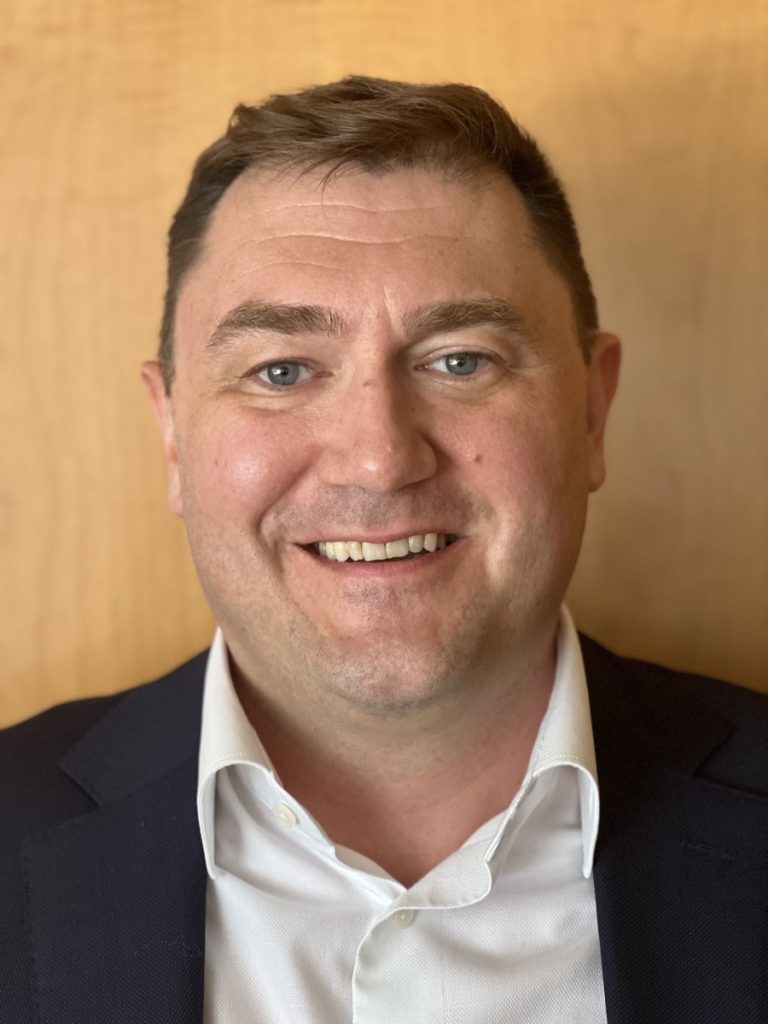Sports Illustrated’s US gambling special posed the question “What is more American than speculating on an outcome yet to be determined?”
But in the land of the free, where online wagering opportunities are becoming more accessible than ever before, and where affiliates are pushing out strong messaging that wouldn’t be permitted in Europe, is it time for a conversation about responsible gambling – and if so, who should be leading it? We asked EvenBet Gaming CEO Dmitry Starostenkov and Daniel Umfleet, founder and CEO of Kindbridge, for their thoughts.
How do you view responsible gambling in the US at the moment, compared to more mature markets?

Dmitry Starostenkov: Evidently, the US has followed the example of Europe in creating regulatory policies and responsible gaming standards. However, compliance, certification and financial policies that facilitate betting and gambling vary massively across the states, which creates more uncertainty in the market and more administrative barriers for operators and vendors.
At the same time, less personal data processing and advertising restrictions allow companies to implement bolder advertising and acquisition strategies, and also spend more on marketing and promotion.
While the common figure on the marketing spend for companies is around eight per cent of GGR, igaming operators in the US spend much more – up to 58 per cent – of their GGR. Therefore, we are certain that igaming marketing in the US is far more aggressive and very acquisition-centred, which isn’t indicative of responsible gaming principles. The bigger a company’s advertising is, the higher the chances that it will reach the wrong audience.
Daniel Umfleet: Responsible gambling is in its infancy in the US – it is trying to come to terms with what protection in the online space entails.
Up until recently, the US has only really had to think about protections for consumers and responsible gambling from the perspective of the retail bricks-and-mortar patrons. Now, we have to consider protections online, in stadiums, in restaurants, etc., where we weren’t thinking about before.
What does a sustainable framework look like in the US, including for affiliates?
Umfleet: A sustainable framework for responsible gambling would consist of integrated mental health support, combined with financial support levied from state taxes that feeds education, prevention, advocacy, and treatment networks.
Also included would be federal treatment dollars, the likes we see for opioids or diseases, as well as collaboration directly with operators, lotteries, and affiliates to help them build out their own internal mental health strategies for their employees and help center a focus on consumer access to health resources right at point of consumption.
Responsible gambling can’t just draw the line at “know your limits, withdraw early, cool off and self-exclude.” It also has to incorporate early warning systems that trigger actions when players are behaving erratically, and marketing functionality that can classify players based on behavior patterns and risk demographics. Players have to be marketed the appropriate resources to leverage if they need help, and not bonuses and incentives to come back and play while they are showing signs of problematic play.
There is a lot that needs working on in this space. Innovation in technology combined with human interaction is the key to providing the consumer what they need. It’s up to us as leaders to architect the right policies and regulations that promote the health of the consumer throughout their relationship with gambling.
Starostenkov: High acquisition costs aren’t always favourable for affiliates. For example, in online poker, it’s more common to reward an affiliate or an agent for a player that brings sufficient revenue to an operator. The higher a player’s LTV, the better for both operators and affiliates.
Currently, the player acquisition cost in the US outweighs monthly revenue per player 10 to one. However, we don’t expect this to continue even until the end of 2022. At some point, operators and affiliates will have to concentrate on increasing engagement and LTV rather than traffic acquisition, and this will change the whole marketing outlook for the industry in the US, even if there’s no change in the legislative framework.
Ideally, for the framework to be sustainable, the states that regulate online betting and gaming must unify their responsible gaming and KYC demands, so that the legal basis is the same across the country and the competition between the market players is fair. Otherwise, there will always be a possibility to manipulate the regulation differences and to step off the responsible gaming principles. Unfortunately, we are nowhere near that point yet.
Is it incumbent on industry stakeholders to get ahead of the game by producing and implementing effective bettor protections?

Umfleet: Absolutely – if you wait for the regulatory market to catch up, it will be too late. This is what we have been witnessing in the UK for a while now. The gambling act in the UK was crafted at a time when online didn’t exist, and it’s only now going back to revisit it to adjust to a framework that is appropriate for the times.
Regulations, by their nature, often come in after the fact, with some common sense application in a handful of situations, providing general guidance once there has been enough of a case built to intervene. In the case of the US, it has a lot to draw from, using the UK as a test case. All of the things the UK got wrong, the US will get wrong, too, though to a lesser degree, if we’re smart.
The US and UK populations are not the same – the people have different values, the countries have different principles, there are different behavior displays between cultures that are plain as day. Just because something worked particularly well on one population in one location, it doesn’t mean it will work in a population with different governing principles and different values. The best advice is try early, try often, and learn what works fast. Don’t wait for guidance.
Starostenkov: It is possible, especially if the aim is to avoid providing an unfair competitive advantage to any specific operator or affiliate. If the whole industry follows the same principles, no matter the state and the market niche, there would be nearly zero abuse in the promotion and the competition.
What is your vision for the future of responsible gambling in the US?
Starostenkov: Regulated and limited advertising would be the first port of call, then unified age and geographical restrictions. After that it would be great to see clear an industry-approved self-exclusion and addiction help practices.
Obviously, this doesn’t apply solely to the US, but for the world over. To make a difference, I believe that all sorts of restriction policies should come from the industry stakeholders and not industry outsiders, which is what we see happening all too often in Europe’s mature markets.
Umfleet: I would like to see everything head in a direction that includes systems that are designed to protect the consumer, proactively assist the consumer by providing more rich information for them to make their own decisions, regulators that leverage health technology, platforms and systems to build networks, and operators that see responsible gambling as an investment as opposed to a nuisance.
It will be a long road to get there, and with the introduction of mobile products, responsible gambling will be a secondary or tertiary priority while everyone tries to establish a market footprint and build their player base. In the background, however, we can build services that make it an easier choice for operators and affiliates to engage in smart responsible gambling that focuses on consumer safety and wellbeing.














